When it comes to keeping your lawn and garden properly watered, having an efficient sprinkler system in place is a must.
One option that people may consider is Efficient Sprinklers, Which are designed to minimize water waste and improve overall irrigation efficiency. But are they really worth buying?
In this blog post, we will explore the pros and cons of High-Efficiency Sprinklers and how to adjust sprinklers, including their benefits and potential drawbacks.
Whether you are a seasoned gardener or you are just starting, understanding how to adjust sprinkler systems and the pros and cons will help you to make an informed decision for your gardening skills.
Understanding the High-Efficiency Sprinklers
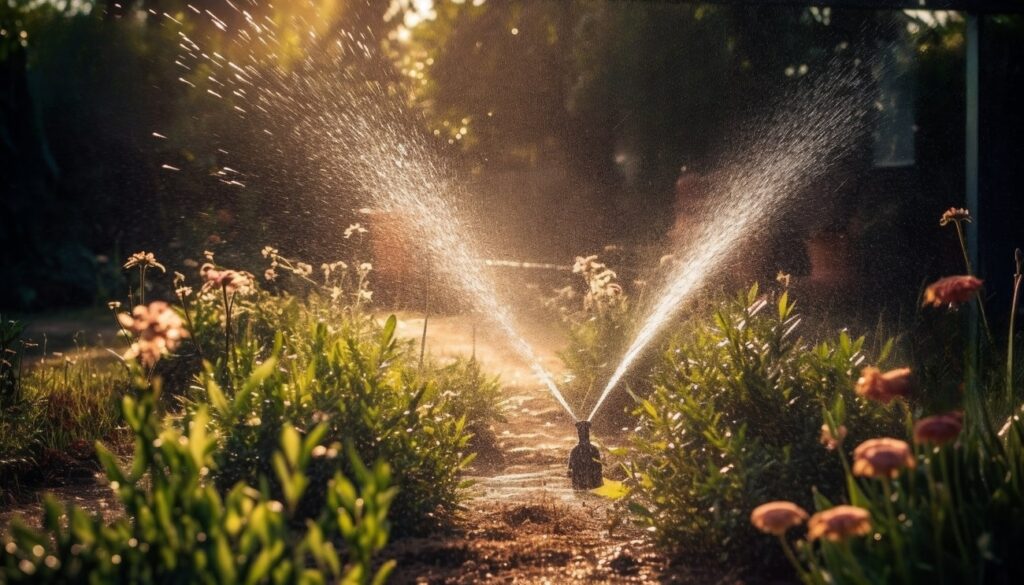
These sprinklers are designed with highly advanced technology to ensure water conservation and maximum irrigation efficiency. They typically use sensors, weather data, and smart programming to deliver the right amount of water at the right time based on the specific needs of your laws and plants.
One of the key advantages of high-efficiency sprinklers is their ability to reduce water waste significantly. By using precise spray patterns and nozzles, they can prevent overspray, evaporation, and runoff, resulting in lower water bills and an eco-friendly approach to irrigation.
High-Efficiency Sprinklers
In the case of those regions having water restrictions, maintaining the lush, green lawn can be a challenge. High-efficiency sprinklers come to the rescue by delivering water precisely where it’s needed, effectively hydrating your landscape and keeping the water shortage in check. Here’s why they matter:
Pros
- Wate Conservations: They reduce water wastage significantly compared to traditional sprinklers. They distribute water evenly, minimizing runoff and overspray. By distributing water precisely and efficiently, they minimize overspray, evaporation, and runoff, resulting in significant water savings.
- Cost Saving
- Cost Saving: While the initial costs may be higher than the traditional sprinkler system, their water-saving capabilities can lead to lower water bills over time, making high-efficiency sprinklers a smart financial choice. Additionally, thor smart technology and advanced programming ensure that the right amount of water is delivered at the right time, optimizing plant health and reducing the need for other costly garden maintenance.
- High Tech: High-efficiency sprinklers offer convenience and flexibility. With their smart features and connectivity to weather data, you can easily control and adjust your irrigation system remotely, ensuring that your lawn and plants receive the ideal amount of water based on their specific needs.
- Environmental Impact: They also reduce the impact on the environment. Decreasing water usage means a smaller carbon footprint. You’re not just saving money; you’re also helping the environment.
Other Plus Points:
- Increased radius range.
- Fewer missed spots produce better coverage.
- Work better in the wind.
- Reduced runoff on slopes and clay soils.
Cons
One of the main cons of the High-Efficiency sprinklers is their initial costs. Compared to traditional sprinkler systems, High-efficiency sprinklers can be more expensive to install. The advanced technology and smart features they possess contribute to the higher price tag. However, it is crucial to remember that long-term savings in water usage and other garden maintenance can offset these costs.
Their advanced programming and connectivity may require regular updates and troubleshooting, which could be challenging for individuals without technical expertise.
Before deciding on High-Efficiency Sprinklers, it is essential to evaluate these potential challenges and consider whether they outrage the benefits for your specific needs and budget.
Are High-Efficiency Sprinklers Worth It?
1. Landscape Needs
As per the orientation of your land, High-Efficiency Sprinklers offer more precise watering capabilities, allowing you to target specific areas. If you have varied planting with different water requirements or irregularly shaped spaces, High-Efficiency Sprinklers can provide the flexibility needed to meet diverse needs, too.
2. Budget
While high-efficiency Sprinklers may have higher initial costs, the potential savings in water usage and maintenance expenses over time can make you feel better one day for sure. Compare the total cost for both systems to determine which option makes the most financial sense for you.
3. Compatibility
Determine if your existing irrigation system is compatible with high-efficiency sprinklers. If not, factor in the cost and effort required to modify or replace certain components. Consider consulting with a professional to ensure a seamless transition.
High-efficiency sprinklers have decreased in cost over time, and more people are buying them. The cost per nozzle ranges from about $5 to $7—comparatively, standard fixed spray costs between $1.50 to $3 per nozzle.
4. Replacing Existing with High Efficiency Sprinklers
Yes, the current system is often unscrewed and placed in the rotary nozzle and filter basket. Any nearby irrigation supply store has them accessible. The team can offer you the finest solution if you bring in your current spray head.
Making an Informed Decision
When deciding on high-efficiency sprinklers, it is important to gather all the necessary information and weigh the pros and cons. With the factors mentioned earlier, you can evaluate if High-Efficiency sprinklers align with your goals and requirements.
One of the standout advantages of the High-Efficiency Sprinklers is their ability to improve water conservation. These sprinklers are designed to distribute water evenly and efficiently, minimizing water waste and reducing your environmental impact.
Additionally, they can ensure efficient irrigation by delivering the right amount of water to each area, promoting healthier plant growth, and preventing overwatering.
However, it is important to acknowledge the drawbacks as well. High-efficiency sprinklers can be pricier initially compared to traditional sprinklers. Additionally, their complex design may require professional installation and maintenance.
As they say, every coin has two sides; it is up to you which side you are on and which one is more beneficial for you.
Be sure to check out these other posts for more insights and information:

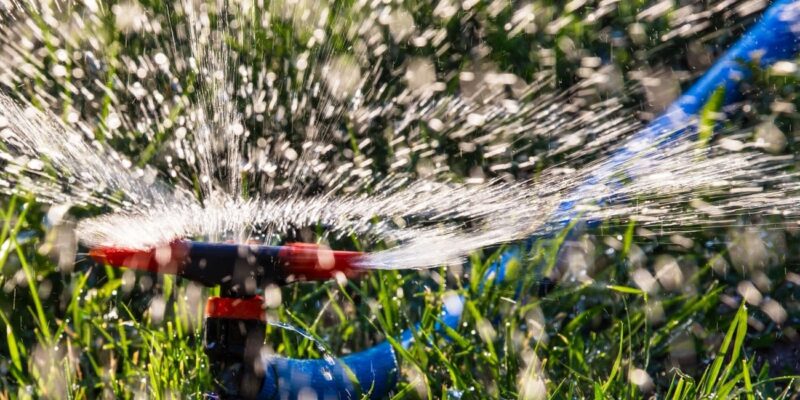
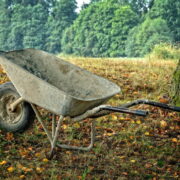
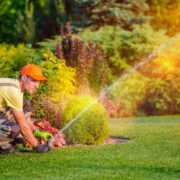

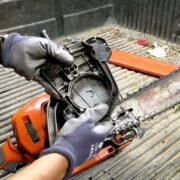
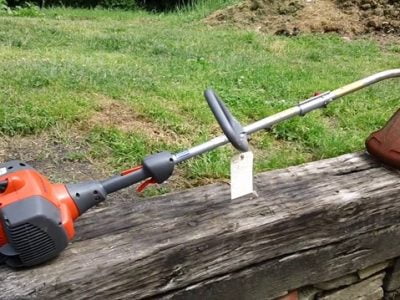
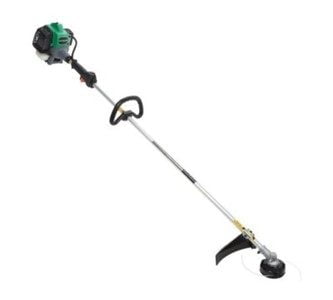
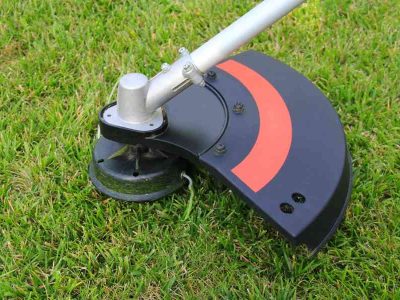
Comments